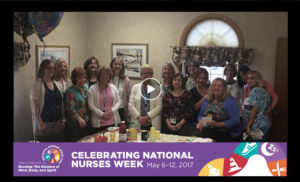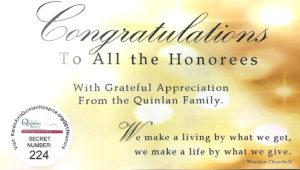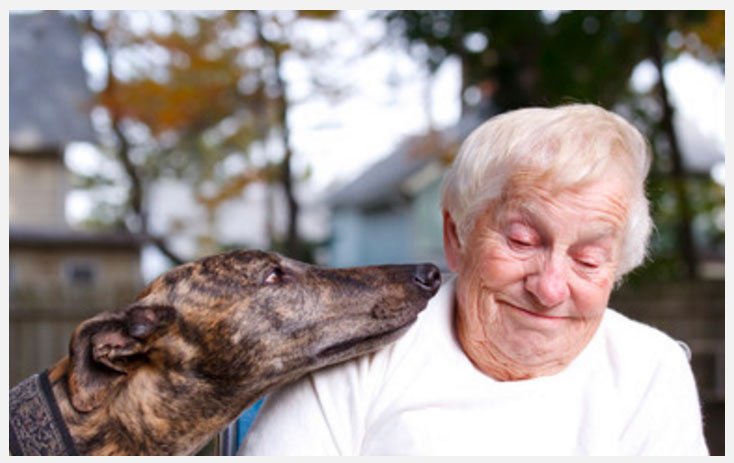 When facing a life-limiting illness many patients worry about who will take care of their beloved pets once they are gone.
When facing a life-limiting illness many patients worry about who will take care of their beloved pets once they are gone.
Having a plan in place can help ease some of the worry and anxiety. Some options include: a will provision, a pet trust, a DIY pet protection agreement or an informal agreement with a family member or friend.
Every year between five and seven million companion animals enter animal shelters due to the death of their owners, reports the American Human Association. Of these, approximately three to four million are euthanized (60% of dogs and 70% of cats) when adequate homes cannot be found for them. Older pet owners usually have older pets that can be hard to find adoptive homes for.
Placing a pet in a shelter who has spent most of its life in a loving home, sharing a bed, sitting on the couch surrounded by its toys and memories can be very stressful to the pet. If no provisions have been made and no family or friends are able to step forward and care for the pet, a “no-kill” pet rescue organization can be an option to help the pet find a new home.
If you are caring for a pet whose owner has already died it’s important to evaluate if you have the financial means, space or time to take care of the pet. Also, find out if there are any provisions made for the pet in the owners will. These provisions can be helpful in providing financially for a pet’s care over the long-term.
With a “will provision,” you simply include a provision in your will that leaves your pets to a beneficiary. You can also leave money for their care to the same person. A will that includes provisions regarding pets can cost less than creating and administering a traditional pet trust.
The problem with a will provision is that the person you leave your pets to does not have to follow any instructions you provide as they are not legally enforceable. Unlike with a pet trust, you cannot distribute money for care over time – it comes as a lump-sum payout – or ensure that the money gets spent as directed on your pets at all. A will must go through the probate process, leaving the care of your pets up in the air during that time.
Also, since a will goes into effect only upon your death, it cannot provide care for your pets if you become seriously ill.
A pet trust is a legal process that transfers ownership of your pets to a trust, which includes instructions for their care and money to pay for it. You name a caregiver, and you appoint a trustee to oversee that care and any related expenses. If you do not name a caregiver and trustee, the State of New Jersey will do so. Pet trusts are valid in the state of New Jersey.
The trust will terminate upon the death of the pet, or, if the trust was created to care for more than one animal, upon the death of the last surviving animal or the death of the last surviving direct offspring of animals in gestation at the time the trust is enacted. With a traditional pet trust the caregiver and trustee are under a legal obligation to follow your instructions.
The court may reduce the amount of the property transferred if it determines that the amount substantially exceeds the amount required for the intended use. If the trust is reduced the property will return to the estate. It is important to consider what amount goes into a trust or pet agreement. It need to cover not only regular care, but also unexpected expenses.
If you opt for a living pet trust, as opposed to one that kicks in after you die, you provide for your pets if you become unable to care for them because of serious illness.
You do need a legal professional to prepare a trust or living trust. If you already have an estate plan in the works, adding a pet is typically very inexpensive.
A DIY Pet Protection Agreement like the one available through LegalZoom, is valid in all states. This legal document allows you to specify a caregiver for your pets and leave money for their care. A Pet Protection Agreement is a contract between the pet owner and the pet guardian. The signature of both parties on the agreement makes it legal.
It falls between a traditional pet trust and will provision in terms of the amount of detail you can include. It cost much less than establishing a traditional pet trust or drafting a will.
Like a traditional pet trust, it can apply if you are living but unable to care for your pets. Unlike a traditional pet trust, it does not require funding upon creation. A DIY pet agreement is better than doing nothing, but going to a skilled estate planner will ensure that everything gets done correctly. If you plan to leave a substantial amount of money for the care of pets or think your family members may dispute your wishes, then a formal pet trust could be a better option. A Pet Protection Agreement is a simpler, more affordable alternative.
You can also set up an informal arrangement with a trusted family member or friend to take your pets when you die. It cost nothing to come to such an arrangement. You should make sure all family members and friends know about the agreement and will not put up a fight for your pets too. With this type of agreement, you have no control over the care of your pets after you die.
The information above is just a starting point. A legal professional can best advise you how to move forward.
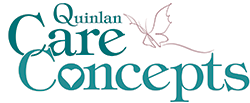

 When facing a life-limiting illness many patients worry about who will take care of their beloved pets once they are gone.
When facing a life-limiting illness many patients worry about who will take care of their beloved pets once they are gone.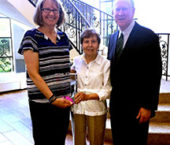
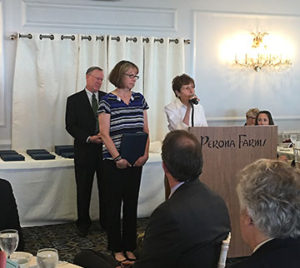



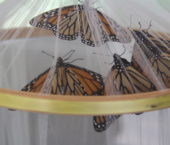
 Karen Ann Quinlan Hospice will host its 17th annual Butterfly Release Celebration with three events held in Sussex and Warren Counties, New Jersey and Pike County, Pennsylvania on the weekend of June 10 and 11. “This beautiful event honors the life of family and friends who are still with us and celebrates the memory of those loved ones we have lost,” explained Cecelia Clayton, Executive Director of Karen Ann Quinlan Hospice. Since its inception in 2000, Smith-McCracken and Wood Funeral Homes have been central to the success of the event, leading the way as the major sponsor. “We are very proud to support hospice and the annual Butterfly Release Celebration. This event and the hospice exemplify the importance of friends and family,” stated Robert McCracken.
Karen Ann Quinlan Hospice will host its 17th annual Butterfly Release Celebration with three events held in Sussex and Warren Counties, New Jersey and Pike County, Pennsylvania on the weekend of June 10 and 11. “This beautiful event honors the life of family and friends who are still with us and celebrates the memory of those loved ones we have lost,” explained Cecelia Clayton, Executive Director of Karen Ann Quinlan Hospice. Since its inception in 2000, Smith-McCracken and Wood Funeral Homes have been central to the success of the event, leading the way as the major sponsor. “We are very proud to support hospice and the annual Butterfly Release Celebration. This event and the hospice exemplify the importance of friends and family,” stated Robert McCracken. 
 Grief & the Workplace
Grief & the Workplace

